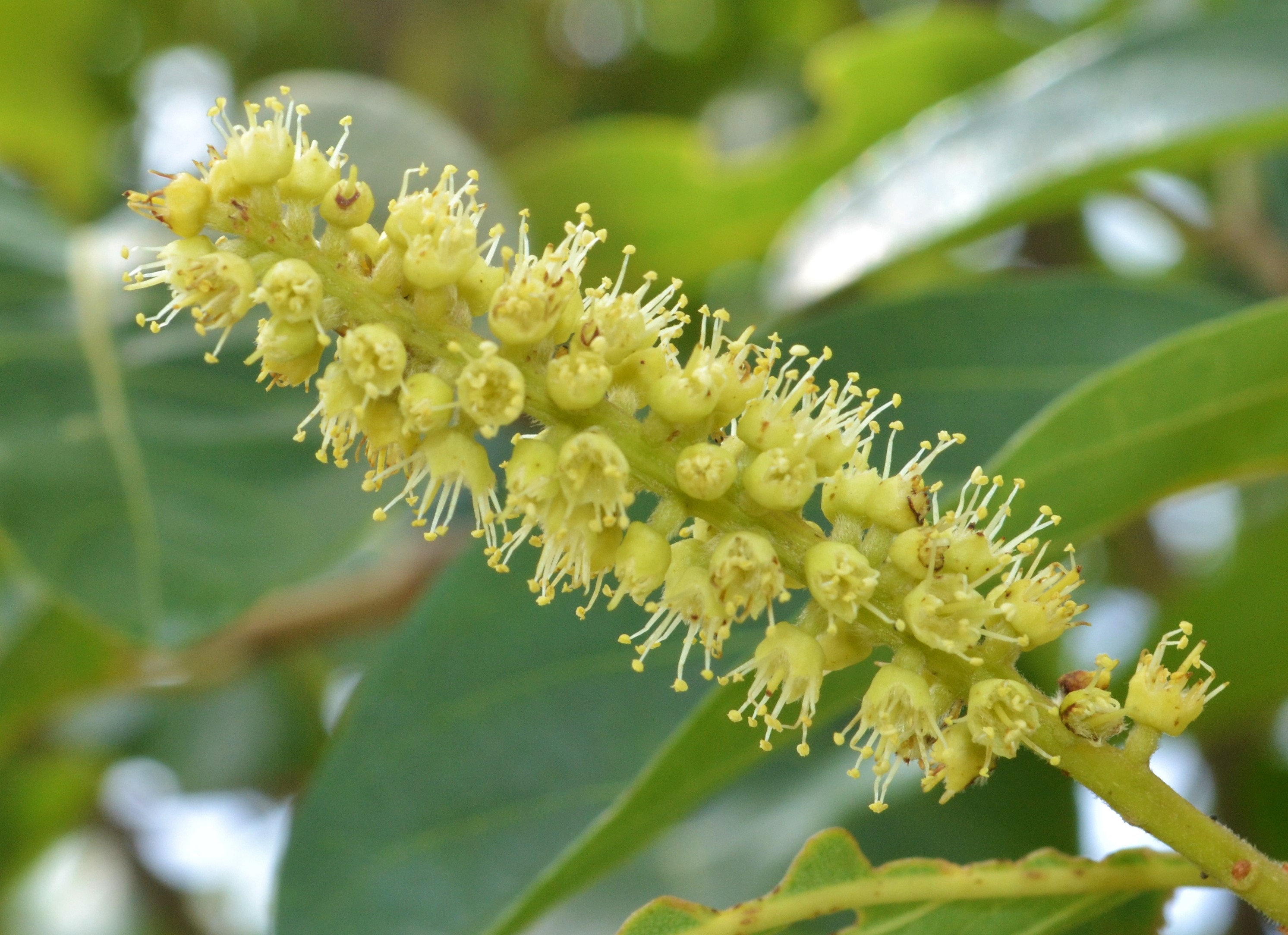ARJUN TREE
Terminalia arjuna
|
Reference No : |
0000003 |
|---|---|
|
Scientific Name : |
Terminalia arjuna |
|
Sinhala Name : |
කුඹුක් (KUMBUK) |
|
Tamil Name : |
மருத மரம் (MURUDHA MARAM) |
|
Other Common Names : |
White Marudah, Protector of heart |
|
Synonyms : |
Myrobalanus cuneata (Roth) Kuntze; Pentaptera angustifolia Roxb.; Pentaptera arjuna Roxb. ex DC.; Pentaptera glabra Roxb.; Pentaptera obovata DC.; Terminalia berryi Wight & Arn.; Terminalia cuneata Roth; Terminalia glabra Wight & Arn.; Terminalia ovalifolia Rottler ex C.B.Clarke; Terminalia psidiifolia Delile; Terminalia urjan Royle |
|
Plant Family : |
Combretaceae |
|
Plant Group : |
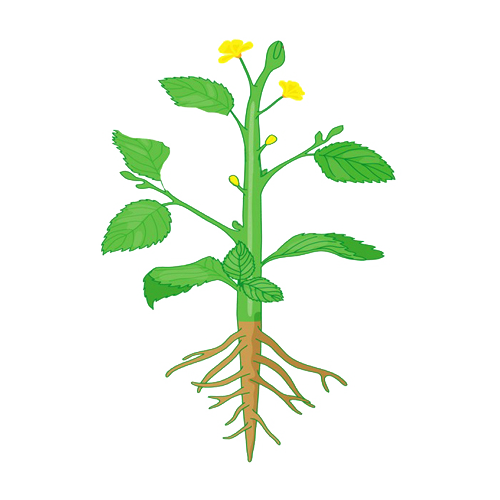 Angiosperms (Enclosed Seed) |
|
Plant Types : |
 Medium Tree
Medium Tree
|
|
Crown Architecture : |
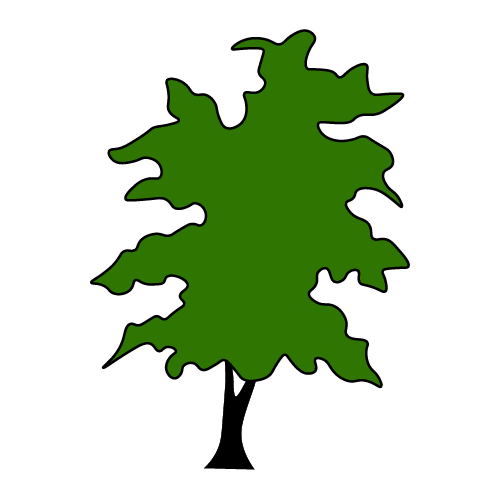 Irregular Canopy
Irregular Canopy
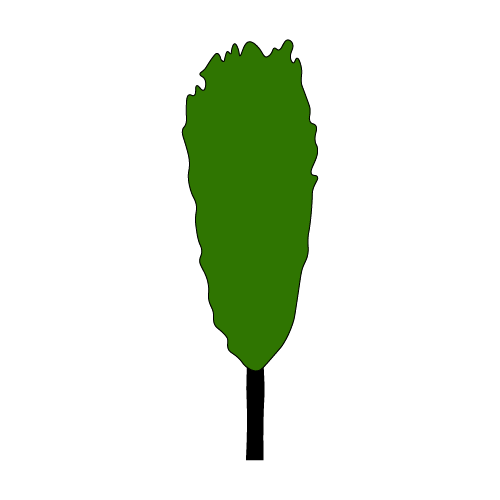 Upright Narrow Canopy
Upright Narrow Canopy
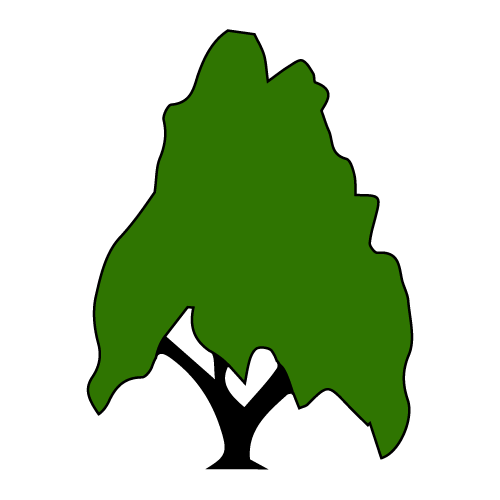 Weeping Canopy
Weeping Canopy
|
|
Plant Categories : |
Aquatic Ecosystem Plants; Colorful Plants; Courtyard Plants; Dry Zone Plants; Forest Trees; Fruiting Plants; High Leaves Density Plants; Indigenous Plants of Sri Lanka; Intermediate Zone Plants; Ornamental Plants; Sacred Plants; Sun Loving Plants; Trees; Wet Zone Plants; Wetland Plants; Wild Plants; Cultivating plants; Evergreen Plants; Tropical Tree; Space Filling Plants |
|
Native Region(s) : |
Indian Subcontinent; Southern China; Indonesia; Myanmar; Thailand; Solomon Islands; Cambodia; Laos; Malaysia; Vietnam; Philippines; East Asia |
|
Plant Distribution(s) : |
E. Asia - India, Sri Lanka, Myanmar |
|
Habitat : |
River banks or near river beds. |
|
Elevation : |
Above sea level up to 1,200 m |
|
Trunk / Bole / Stem & Branches : |
A very large tree with a buttressed, spreading base and horizontally spreading branches. |
|
Average Height : |
20- 25m |
|
Maximum Height : |
30m |
|
Average Width : |
15m |
|
Maximum Width : |
20m |
|
Root System(s) : |
Tap Root |
|
Propogation(s) : |
By Seeds |
|
Maturity Longevity : |
50.00 |
|
Medicinal Use : |
Yes |
|
Medicinal Value : |
Bark, Leaves, Roots, Fruits, and Flowers are used as treatments for Heart diseases, Fevers, Skin diseases, Obesity, Wounds, Bone fractures, Dysentery, Piles, Coughs, Leucorrhoea, Candida infections in Sinhala Ayurveda. (Reduces aggrevation of pitha and kapha dosha.) |
|
Benefits & Uses : |
Kumbuk is one of the species whose leaves are fed on by the Antheraea paphia moth which produces the tussar silk, a wild silk of commercial importance. purifies water- a natural agent for water purifying, and holds water bodies within soil. |
|
Special Features : |
Water purifying and cooling. Erosion Control Pollution Tolerant. |
Foliage |
|
|
Leaf / Habit : |
Deciduos |
|
Leaf Shape : |
|
|
Arrangements : |
Simple |
|
Leaf Arrangement : |
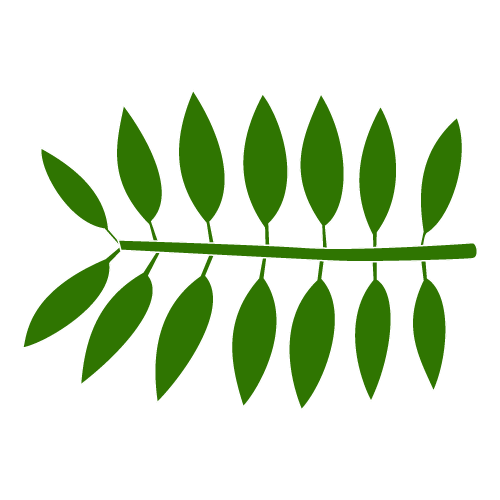 Even pinnate leaf arrangement
Even pinnate leaf arrangement
|
|
Leaves : |
7.5-15 cm long, 4-7 cm wide; petioles very short |
Flowering |
|
|
Is Flowering : |
Yes |
|
Blossoms : |
1.5-3 cm; Terminal panicles; petals abscent, honey scented |
|
Blooming Season : |
March; April; May; June; July; August |
Fruiting |
|
|
Bears Fruits : |
Yes |
|
Fruit : |
Indehiscent drupe, 3.5-5 cm long, endocarp fibrous and woody; obovate-ovoid, dark brown when matured. |
|
Seeds : |
Seed solitary. |
Maintenance |
|
|
Level : |
Medium |
|
Soil Types : |
Sandy Soil; Clay Soil; Loam Soil; Well Drained Soil; Acidic (pH 5.5>) to Neutral Soil (pH 6.6-7.3) |
|
Water : |
Medium/Moderate |
|
Sunlight : |
Full |
Edibility |
|
Legal Status |
|
If you find any errors, please email us at info@biophilia.lk
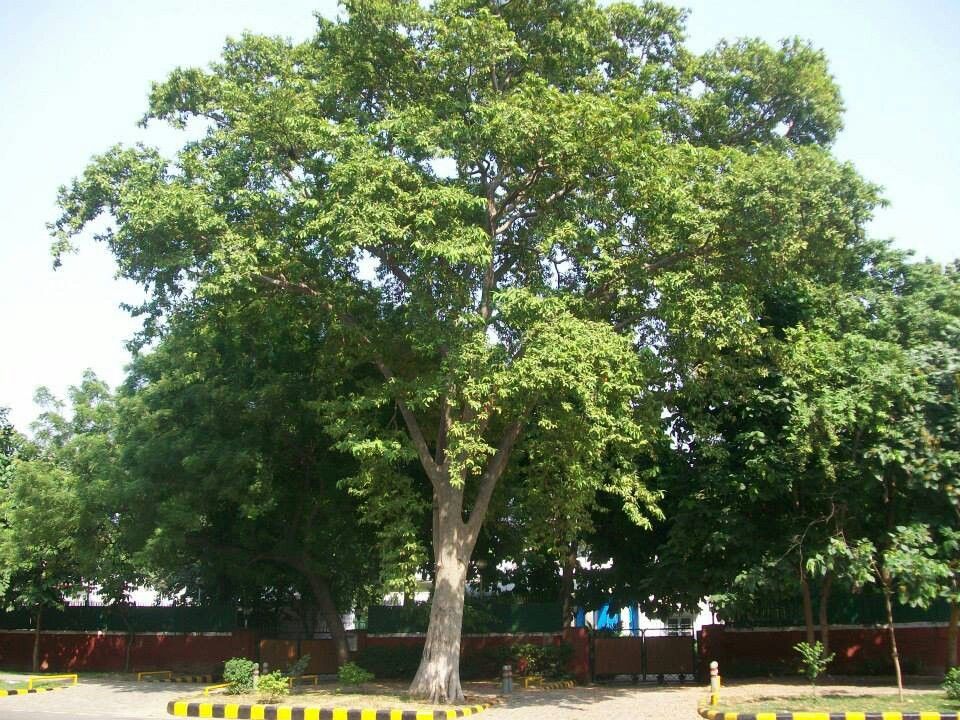
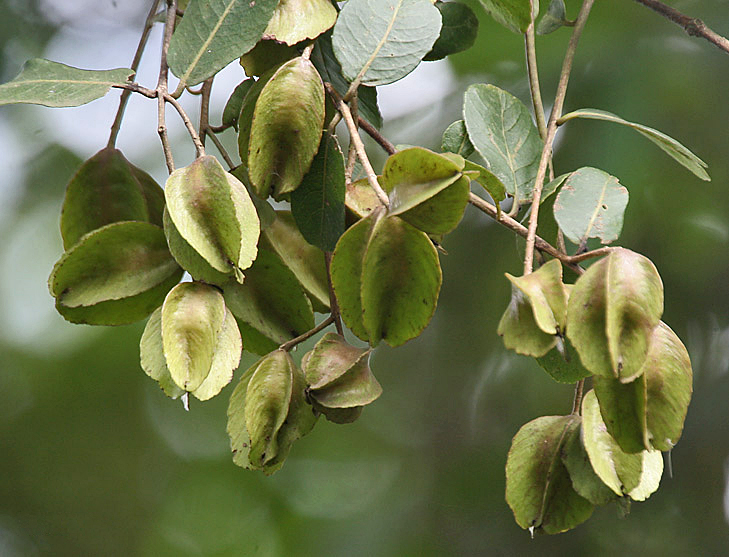
.jpg)
